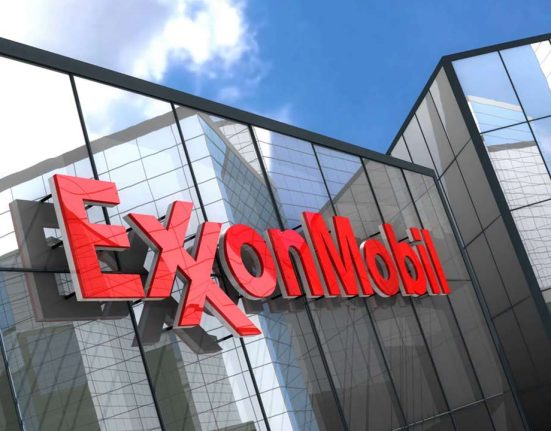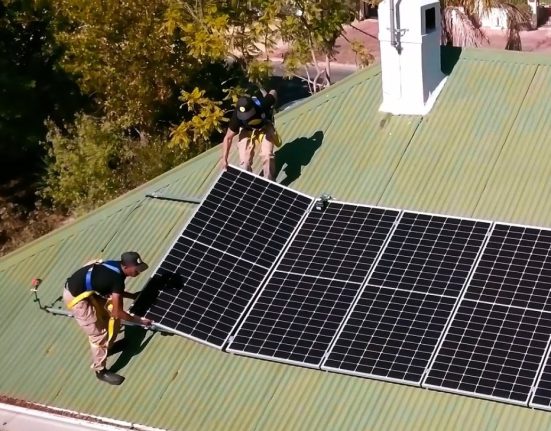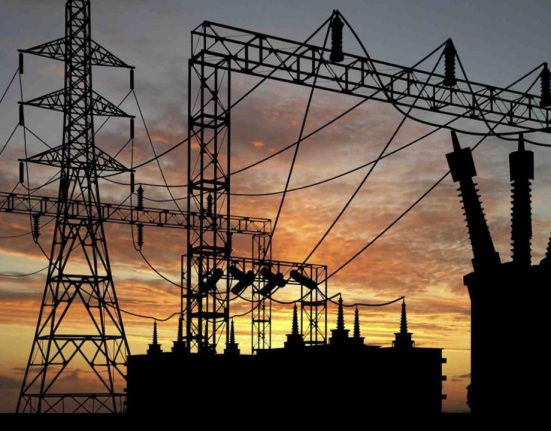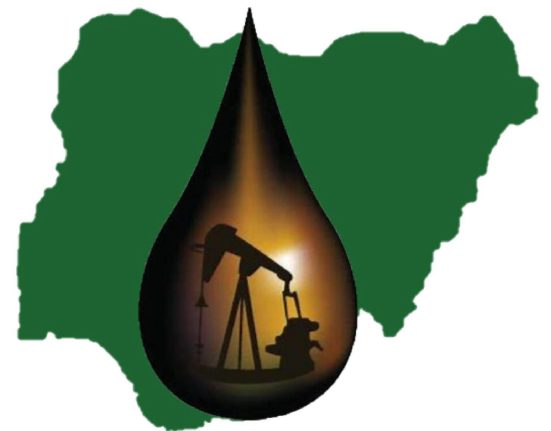The Nigerian Gas Flare Commercialisation Programme (NGFCP) has stated the use of proposed captured flared gas for electricity generation, fertiliser and methanol production as well as feedstock for local industries. This development was revealed by the chief executive of the Nigerian Upstream Petroleum Regulatory Commission (NUPRC), Mr Gbenga Komolafe.
Komolafe made this revelation at the NGFCP Investors’ Forum held in Abuja. He said that a meeting was held to bring flare site awardees, technology providers and financiers together for the mutual goal of eliminating flared gas and improving environmental sustainability.
Through the NGFCP, flare gas sites were awarded to competent third-party companies who are to harness the resource for value derivation, reiterating the commission’s commitment to the successful execution of the programme, he added.
The program he said was carried on in collaboration with the United State Agency for International Development (USAID) and Power Africa – Nigeria Power Sector Program (PA–NPSP).
“The opportunity before us is immense as the captured flared gas can be used for electricity generation, fertiliser and methanol production and feedstock for local industries.
“These, in addition to improving host community relations, environmental sustainability, building local content capacity, creating employment opportunities, and encouraging increased capital inflow to the sector are some of the programme’s benefits to the country.
“Through the NGFCP, the barrier to entry into our complex industry is lowered for many proven small and medium scale local and international players,” he assured.
He emphasized on the forum’s unified commitment to decarbonisation and achieving net zero emissions. Adding that the NGFCP represents a comprehensive triumph that transcends typical business outcomes, delivering substantial environmental, social, and economic benefits.









